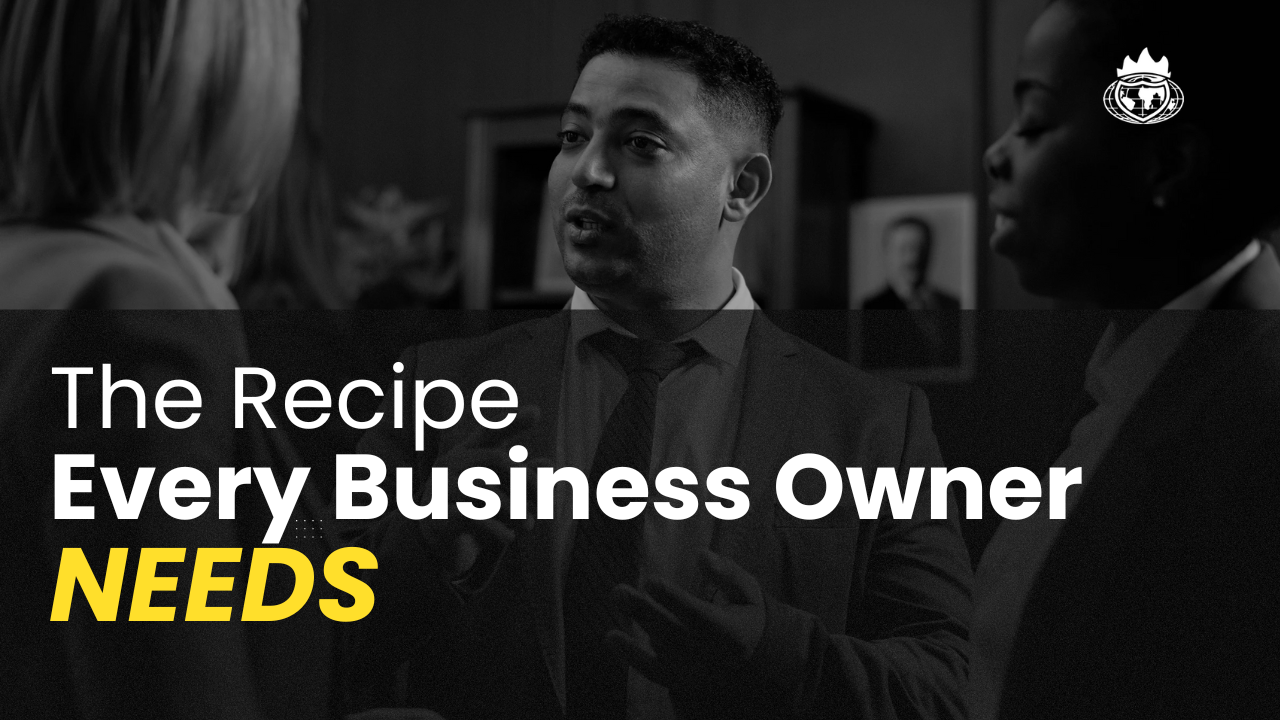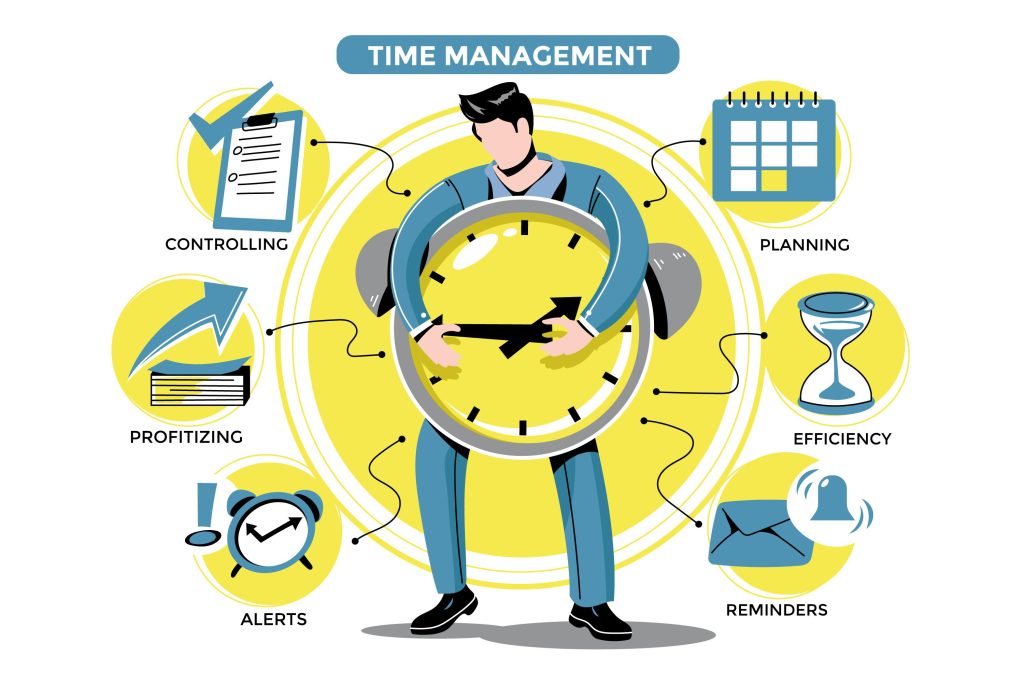The Recipe Every Business Owner Needs

Your business is a bustling kitchen, and you, the owner, are the head chef. The orders are pouring in; some are quick appetisers, while others are elaborate, multi-course meals. There are suppliers to coordinate and staff to manage, and the dining room needs your attention as well. If you simply tackle tasks as they come, grabbing the easiest appetiser first or getting caught up in a small, delicate garnish while main courses burn, chaos happens. Customers wait, food goes cold, and your reputation simmers down to nothing.
This kitchen, like your business, has a finite capacity: only so much can be cooked at once, and some dishes are far more critical to the overall success of the meal (or the business) than others. The secret to a thriving kitchen—and indeed, a flourishing business—isn’t about working harder; it’s about working smarter, mastering time management, and, crucially, knowing how to prioritise.

The Costs of Poor Time Management
- Missed Deadlines and Lost Opportunities
- Decreased Productivity and Quality
- Increased Stress and Burnout
- Damaged Reputation and Client Trust
The Foundation of Effective Time Management: Planning and Clarity
The first step in mastering time is not about doing more but about understanding what truly needs to be done, defining your goals, and creating comprehensive task lists.
Time management techniques
1. Setting Clear, SMART Goals
Without clearly defined goals, it becomes impossible to differentiate between time well spent and otherwise. Use the SMART framework to your advantage: Specific, Measurable, Achievable, Relevant, and Time-bound.
2. The (Urgent/Important Rule)
Attributed to former U.S. President Dwight D. Eisenhower, this rule is a cornerstone of effective prioritisation. It categorises tasks into four quadrants:
- Urgent and Important (Do First): These are critical tasks with immediate deadlines. Think crisis management, pressing client issues, or crucial project milestones. Tackle these immediately.
- Important but Not Urgent (Schedule): These are tasks vital for long-term success and growth, but without immediate deadlines. These are your “big rocks” – schedule dedicated time for them before they become urgent crises.
- Urgent but Not Important (Delegate): These tasks demand immediate attention but don’t necessarily require your specific expertise. If possible, delegate these to team members or automate them.
- Neither Urgent nor Important (Eliminate): Social media scrolling, unnecessary meetings, or excessive email checking often fall into this category. These tasks should be minimised or eliminated altogether.
3. Breaking Down Overwhelming Tasks
Smaller, achievable steps provide a tangible sense of progress and motivation, effectively reducing anxiety that complex tasks can cause.
4. The “Eat That Frog” Technique
This strategy encourages you to tackle your most challenging, most dreaded, or highest-impact task (your “frog”) first thing in the morning. Completing this difficult task early provides a sense of accomplishment, builds momentum, and ensures that your most important work gets done before distractions set in.

Practical Tips: These are only effective when integrated into your daily workflow.
- Batch Similar Tasks: Group similar activities together (e.g., all email responses, all phone calls, all content creation).
- Time Blocking: Allocate specific blocks of time in your calendar for specific tasks. Treat these blocks as non-negotiable appointments.
- Minimise Distractions and learn to say no.
- Delegate Effectively: Trust your team members. Provide clear instructions, necessary resources, and a deadline, then empower them to complete the task.
- Automate Repetitive Tasks: Identify recurring, mundane tasks that can be automated using software or tools (e.g., social media scheduling, email responses, invoicing).
- Regular Review and Adjustment: Regularly review your progress, assess what’s working and what isn’t, and adjust your strategies as needed.
- Technology: Task Management Apps – Tools like Asana, Trello, Todoist, and Monday.com, among others, enable you to create task lists, set deadlines, assign priorities, and collaborate with your team.
Just as the experienced chef meticulously plans each dish, knowing which ingredients need immediate attention and which can simmer patiently, successful business owners master the art of time management and prioritisation. It’s not about stuffing more into your day but about allocating your hours to the tasks that truly move the needle for your business.

Awesome